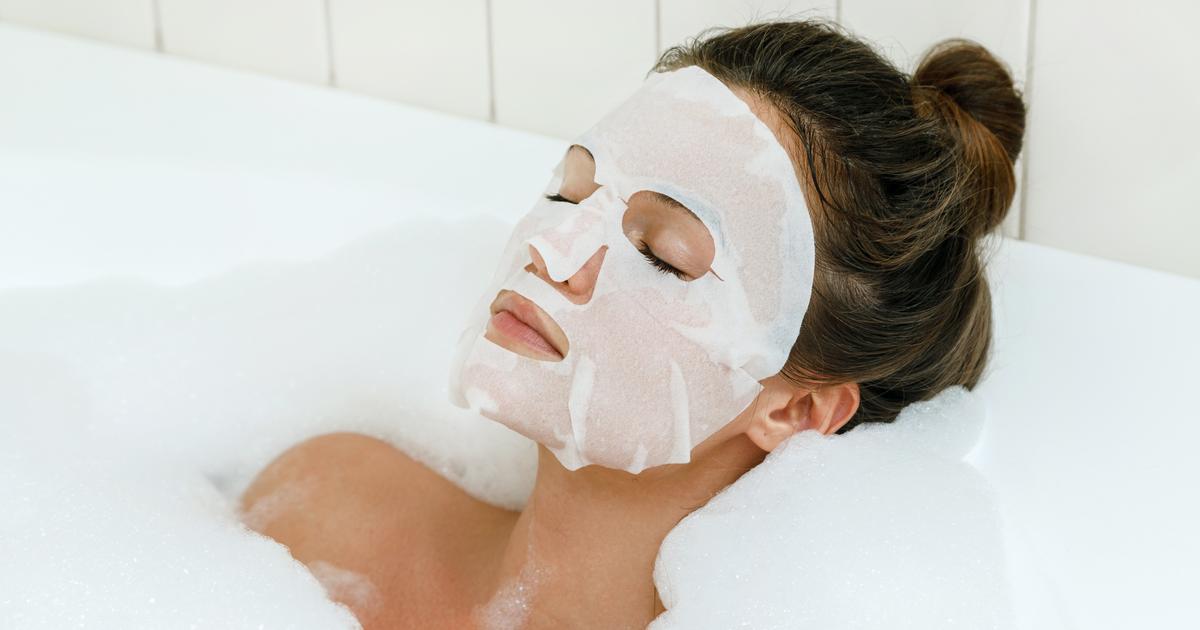The debate on the use of the mask to contain the expansion of SARS-CoV-2 is surrounded by a halo of pseudoscientific myths, contested by certain populist politicians - such as the Brazilian Jair Bolsonaro and until this week the American Donald Trump -, who discourage its use to avoid greater evils. However, the prevailing scientific position is that in areas with community transmission of covid-19, the use of a face mask helps prevent the spread of the disease, especially in places where it is not possible to respect a physical distance between one meter and a half and two meters.
Although the use of this protection system does not in itself stop the spread of the virus - strict hygiene and social distancing measures are required in turn - there is a consensus that its use helps to stop the pandemic, which has already affected more than 15.5 million people worldwide. These are some of the lies that circulate around the use of masks and the certainties that scientific research has determined about their use:
1. You breathe less oxygen
False. Several messages spread on social networks have ensured that the use of masks produces "hypoxia" or lack of oxygen in the blood. "Its permanent use [of masks] will make healthy people sick because they are breathing less air than their body needs," said in a text extended through Facebook that has already been removed from this social network. There is no scientific evidence that the use of face masks causes hypoxia. The materials used in its manufacture allow sufficient oxygen to enter.
2. Carbon dioxide is breathed
False. The use of a mask, contrary to what some messages spread on Facebook and WhatsApp maintain, does not produce hypercapnia or excess carbon dioxide in arterial blood. According to these hoaxes, which are not based on scientific evidence, hypercapnia appears because the masks retain the carbon dioxide that is exhaled when breathing and, therefore, the exhaled air is breathed over and over again. According to the World Health Organization (WHO), "wearing medical masks for a long time can be uncomfortable, but does not cause carbon dioxide poisoning or hypoxia." "Once you have put on the medical mask, check that it is properly placed and that it allows you to breathe normally," adds the body.
3. The mask activates your own virus
False. The claim comes from the documentary Plandemic , reviled by the cluster of lies it brings together, in which biologist Judy Mikovits makes the following statement: “Wearing the mask literally activates your own virus, you are getting sick from your own expressions of reactivated coronaviruses, and , if it turns out to be SARS-CoV-2, then you have a big problem. " Mikovits' argument that you could infect yourself with a virus you already had in your body is unsubstantiated.
4. Its use favors the appearance of respiratory infections
False. The use of the mask does not promote the appearance of fungi or respiratory infections as long as it is used properly. The US Centers for Disease Control and Prevention (CDC) recalls that disposable face shields "should be used only once" and that reusable face shields "should be cleaned and disinfected after each use." The same recommendation is made by the WHO, which also underlines the importance of changing the masks when they get wet.
5. Cloth masks do not protect
More posts from this blog
What is hidden in the photos of floods of people during the lack of control
Manual of the extreme right to misinform
'Plandemic', the coronavirus anti-vaccine conspiracy that has attracted millions of people
False. Hygienic or cloth masks act as a barrier to prevent the spread of the virus from the user to other people, according to both the WHO and the US CDC. It is true that their level of protection is lower than medical ones, which reduce the amount of respiratory droplets transferred by the mask wearer to other people, at the same time that they prevent the wearer from being infected by others. Or the self-filtering ones, which are specially designed for healthcare personnel caring for covid-19 patients.
The WHO recalls that "wearing a cloth mask is not enough to provide an adequate level of protection" and recommends "keep a physical distance of at least one meter from others", in addition to washing your hands frequently and avoiding touching your face and the mask itself.
6. The use of masks involves risks
True. Experts believe that wearing face masks to prevent covid-19 carries several risks. The main one is that it creates the false sense of security of being protected, which, according to the WHO, can increase the chances of SARS-CoV-2 infection to the extent that the person wearing the face mask may tend to touch his face with it. dirty hands. Likewise, the organism indicates that, if the proper mask is not worn, the use of this can make breathing difficult. On the other hand, he points out that the use of the facial mask can damage the skin of the face. Its use is not recommended in children under two years, people with respiratory difficulties and those who need help to put it on.
Follow us on Twitter and Flipboard






/cloudfront-eu-central-1.images.arcpublishing.com/prisa/P4P3GJOGGRGGTMT2ZGCZQRX7SE.jpg)
